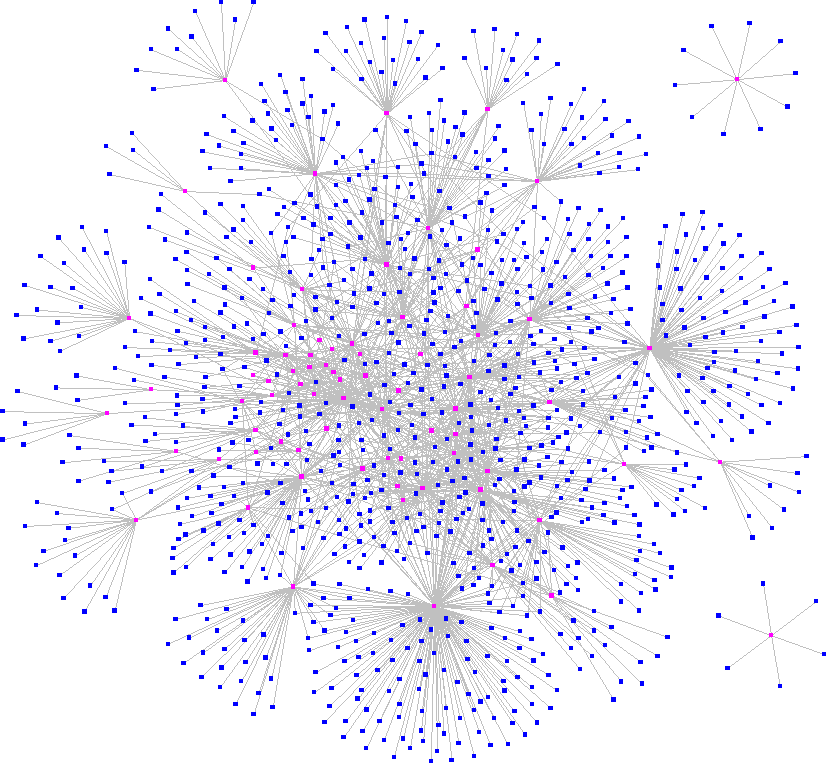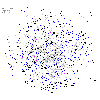Beyond Couch Potatoes.
Beyond “Couch Potatoes”: From Consumers to Designers and Active Contributors by Gerhard Fischer
The fundamental challenge for computational media is to contribute to the invention and design of cultures in which humans can express themselves and engage in personally meaningful activities. Cultures are substantially defined by their media and tools for thinking, working, learning, and collaborating. New media change (1) the structure and contents of our interests; (2) the nature of our cognitive and collaborative tools; and, (3) the social environment in which thoughts originate and evolve, and mindsets develop.
Unfortunately, a large number of new media are designed from the perspective of seeing and treating humans primarily as consumers. In personally meaningful activities, the possibility for humans to be and to act as designers (in cases in which they desire to do so) should be accessible not only to a small group of “high-tech scribes,” but rather to all interested individuals and groups. While the core message of the article applies to cultures, mindsets, media, technologies, and educational systems in general, my examples are mostly drawn from computational media, and more specifically from human computer interaction as a particular domain. [Gerhard Fischer] [via David Carter-Tod]
Gerhard Fischer is associate director of the Center for Lifelong Learning and Design (L3D) at University of Colorado at Boulder. This group is doing very interesting projects. I have been following their publications since 1999. Fischer’s focus is on “computational support of self-directed learning”. If I remember correctly I came across Frontier and Manila because of a project that was carried out by the group of Gerhard Fischer. I think it was called DynaSites… or something like that. So, if I wanted to create a BlogTree for my Weblogs, I would have to put the Center for Lifelong Learning and Design (L3D) right on the top. [Sebastian Fiedler]
[Seblogging News]
Following the bread crumbs back to L3D, I started poking around. Looks like a great new resource.
In one of Fischer’s presentations I discovered the following bit of negative feedback from an anonymous student:
I will not ever take a course of this nature again in my undergraduate career, and I hope to find a more structured graduate program with an adviser that is more forthcoming. I will reinforce my strengths by continuing to study in the method that I have developed over the past 15 years. I will redirect my weaknesses by avoiding unstructured class environments.
First, kudos to Fischer for sharing both positive and negative reactions to his work. More importantly, however, I wanted to react to the assumptions reflected in this bit of anonymous complaint because it’s symptomatic of an important distinction between schools and learning that’s caused me trouble as I’ve increasingly focused on the latter.
The more I learn about learning the more I discover how little most school and formal teaching/training environments are organized to promote learning. This isn’t new news, of course (see John Taylor Gatto’s or Roger Schank’s work for particularly strong views against formal education environments, for example). On the other hand, this news isn’t especially widespread. The “average” citizen may care about good schools, but hasn’t thought very much about how schools and learning connect. When and if they do, they seem to end up asking for some idealized vision of what they think school was like when they were in it.
DIGRESSION: When I was at Diamond, I helped create the training function there. I worked with Roger Schank and also with Tim Gallwey of Inner Game fame. I had Tim present his work at one of our All Hands meetings and he asked the group of about 300 at the time to rate themselves on a scale of 1 to 10 (10 being highest) on how expert they felt they were about learning. The group average was about 7, I gave myself a 4, and Tim rated himself a 3.
I try to think in terms of setting up conditions that will contribute to better learning. That often leads to doing things that don’t look much like conventional classes or lectures and may not look like I’m doing very much in the mix. In the short term, this leads to reactions like the ones Fischer reports above. If you do it right, however, and can stay with it, you do have people coming back to you later to thank you. On the other hand, it is a very high risk strategy in most environments. Far easier to give the customers what they think they want.
I’m not making claims that I have this all figured out yet. Tenure isn’t the answer because by the time you’ve worked the system to that point, you’re likely to have forgotten what’s wrong with the system. If you’re lucky you land in one of the handful of institutions that get it and support it. One of the wonderful things about the blogging world is how it helps connect you to a larger universe of folks who are more interested in learning than schooling.

